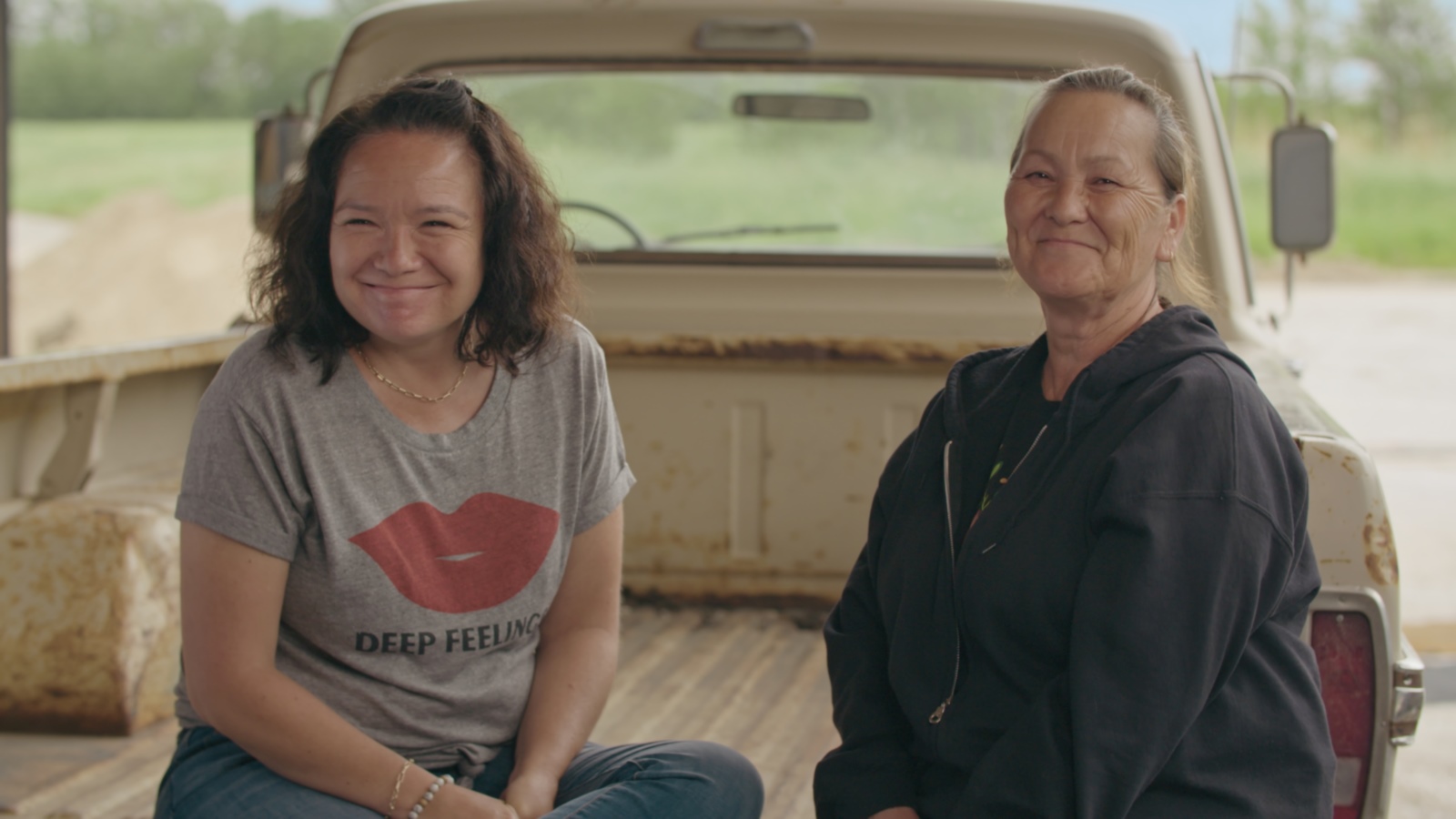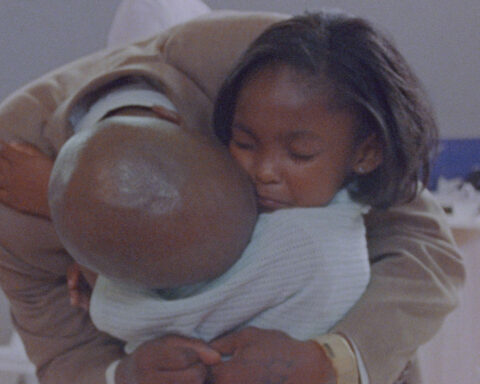Coming Home (Wanna Icipus Kupi)
(Canada, 88 min.)
Dir. Erica Daniels
The push for authentic storytelling resonates strongly in Coming Home. The documentary offers a case study that filmmakers should consider for years to come. This behind-the-scenes doc observes the production of the dramatic series Little Bird and its significance for Indigenous talents. Created by Jennifer Podemski and Hannah Moscovitch, Little Bird tells the story of a young woman abducted from her family in Long Pine Reserve in Saskatchewan and raised by a Jewish family in Montreal. While Coming Home serves as a companion to the series, audiences should recognize the work’s significance.
Little Bird brings into mainstream media the history of the Sixties Scoop—a pervasive act in which Indigenous children were ripped from their families and relocated elsewhere as a means of depriving them of their culture, language, and identity. Coming Home draws upon the experiences, words, and stories of the creators whose tales inspire Little Bird.
Directed by Erica Daniels, Coming Home features a who’s who of a generation of Indigenous filmmakers revolutionizing the Canadian scene. The doc includes interviews with Podemski, who reflects upon her upbringing as someone who is both Indigenous and Jewish. She also demonstrates the significance of seeking permission from the communities whose stories fuel the film, and participates in gift-giving rituals that let the weight of the production come full circle. Also interviewed are two of Little Bird’s directors, Elle-Máijá Tailfeathers and Zoe Hopkins. All three women are forces in their own right, but as Daniels situates their perspectives as part of a collective, Coming Home observes the elements of care and empathy, but also nuance and attention to detail that make the filmmakers worthy speakers to articulate the necessity for the right to tell one’s own stories.
Representation on Both Sides
Daniels observes as Tailfeathers, Hopkins, and Podemski work with a cast and crew with notably strong Indigenous presence on both sides of the camera. Little Bird doesn’t simply pay lip service to debates about representation. The team understands that authenticity matters as much when it comes to who is behind the camera. The filmmakers reflect upon their approaches with actors, but also decisions regarding setting, blocking, and costuming that simply wouldn’t be considered by filmmakers who weren’t raised to understand the role of navigating generational trauma, the nuances of the landscape, or the elements of history embedded within the story. The behind the scenes look illustrates a larger aspect of his debate for authentic storytelling. In finding the right details to ensure accuracy, the filmmakers avoid cliché and surface-level treatment.
Coming Home also gathers the painful backstories about the Sixties Scoop that make the drama especially poignant. The documentary features a powerful perspective from actor Eric Schweig, who shares how he and his siblings were all children of the Sixties Scoop. He recalls a family shattered by loss. Similarly, Dr. Raven Sinclair, who works as the Sixties Scoop advisor for Little Bird, unpacks emotionally compelling history with even-handed composure. She’s tasked with a difficult role in the documentary: sharing the facts without weighing down the tone. Daniels lets the interviewees lift each other up though. They’re all very aware of the gravity of the project.
Getting It Right
Coming Home therefore underscores a significant and sad fact of Little Bird’s reality. The story of the Sixties Scoop is one that few settler Canadians know. The film features some appalling stories about children diverted far from home, adopted into abusive homes, or basically sold on a black market. It’s a dirty secret from the recent past, left to be told by survivors, descendants of survivors, or people familiar with those no longer around to tell the tale. This is, of course, after years of white people telling simplified stories about Indigenous history. With its eye for history and the experiences that inform it, Coming Home is a moving doc that underscores the necessity for narrative sovereignty and for getting the story right.














